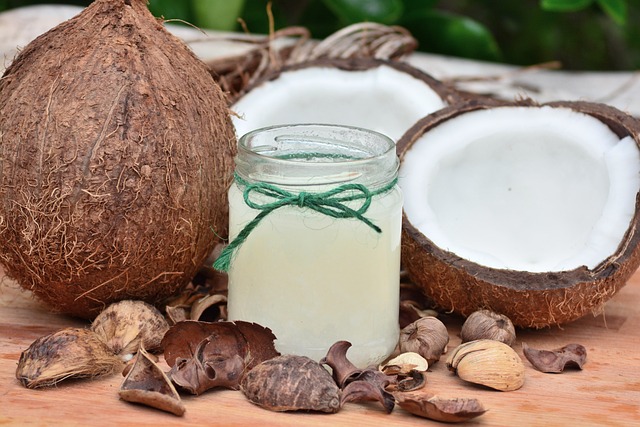Probiotics 101: Everything You Need to Know about the Benefits and Best Sources
Introduction
Probiotics are live microorganisms that provide numerous health benefits when consumed in adequate amounts. These beneficial bacteria promote a healthy balance of microflora in our gut, which is essential for proper digestion and overall well-being. In this article, we will explore the benefits of probiotics and the best sources to incorporate into your diet.
The Benefits of Probiotics
Probiotics offer a wide range of health benefits, including:
- Improved Digestion: Probiotics enhance the breakdown and absorption of nutrients in the digestive tract. They also help alleviate common digestive issues such as bloating, gas, and constipation.
- Boosted Immune System: These friendly bacteria stimulate and strengthen the immune system, making it more resistant to infections and diseases.
- Reduced Inflammation: Probiotics help reduce inflammation in the gut and throughout the body, which is beneficial for those with inflammatory bowel diseases or autoimmune conditions.
- Enhanced Mental Health: Emerging research suggests a connection between gut health and mental health. Probiotics may play a role in improving mood and reducing symptoms of anxiety and depression.
- Improved Skin Health: Probiotics support the health of your skin by preventing acne, eczema, and other skin conditions. They also promote a vibrant, youthful complexion.
The Best Sources of Probiotics
Now that you understand the benefits of probiotics, let’s explore the best sources to incorporate into your diet:
- Yogurt: Yogurt is one of the most well-known probiotic-rich foods. Look for plain, unsweetened yogurt with live and active cultures. Avoid varieties with added sugars or artificial sweeteners.
- Kefir: Kefir is a fermented milk drink that is rich in probiotics. It has a tangy taste and can be enjoyed on its own or added to smoothies for a probiotic boost.
- Sauerkraut: Sauerkraut is made from fermented cabbage and is an excellent source of probiotics. Look for unpasteurized sauerkraut to ensure the live cultures are intact.
- Kimchi: Kimchi is a traditional Korean dish made from fermented vegetables, typically cabbage. It is spicy and flavorful and provides a healthy dose of probiotics.
- Miso: Miso is a traditional Japanese seasoning made from fermented soybeans. It is commonly used in soups and marinades and offers probiotic benefits.
- Tempeh: Tempeh is a fermented soy product that is dense in nutrients and probiotics. It is a popular meat substitute in vegetarian and vegan diets.
While these foods are great natural sources of probiotics, you may also consider taking a high-quality probiotic supplement. Consult with your healthcare professional to determine the appropriate type and dosage based on your specific needs.
Conclusion
Probiotics are beneficial bacteria that promote a healthy gut and offer various health benefits. By incorporating probiotic-rich foods into your diet, such as yogurt, kefir, sauerkraut, and miso, you can enhance your digestive health, strengthen your immune system, and experience improved overall well-being. Remember to choose high-quality sources and consult with a healthcare professional for personalized advice.







